Projects

SCESAM
The project SCESAM investigates when and how children get familiar with the regularities that characterize our daily life. These regularities, that for us adults often seem obvious, comprise for instance, that the milk belongs in the kitchen and not in the bedroom.
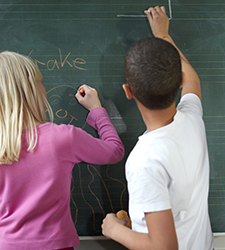
Schulreifes Kind
Scientific evaluation of a concept of compensatory educational offers for children in pre-school and primary school for the Ministry for Culture, Youth and Sports of the federal state of Baden-Wuerttemberg.

ScriVo
The ScriVo (lat. scribere and lat. vocali) project investigates whether there is a relationship between the auditory discrimination skills of primary school children with German as a second language for long and short vowels in German and their written language skills, in particular when writing elongation graphs (to mark long vowels) and double consonants (after short vowels).
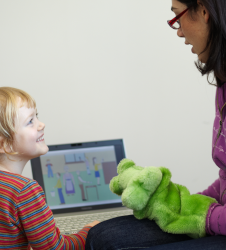
SelKi
Self-regulation is an important prerequisite and a good predictor of later school performance, social-emotional development and mental health. However, there is no psychometrically validated test battery for measuring self-regulation in German-speaking countries. The aim of the project is therefore to develop, psychometrically test and standardise such a test battery.
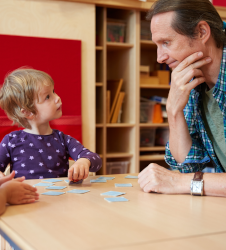
SPEAK-Phonology
The research project SPEAK-Phonology is a part of the joint project SPEAK (https://www.validierungsfoerderung.de/validierungsprojekte/speak). This part of the project focuses on developing standard values for a nonword repetiton test that was specifically constructed with multilingual children in mind. Standard values will be calculated for multilingual children between the ages of 4 and 8 and will take their individual biographies of acquisition into account.
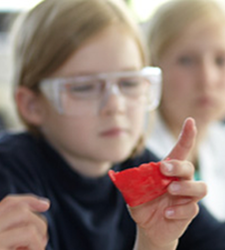
Stereo-no-GO
The Stereo-no-GO project investigates gender and background inequalities in STEM and participation in gifted education programmes.
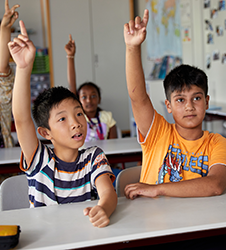
Strive-Up
The project examines the ideas parents of 6-10 year old children have about their child’s future social status (desire to maintain status vs. desire for upward mobility). We analyse to what extent the desire to maintain status vs. the desire for upward mobility differs according to socio-economic status (SES) and migration background, and what role this desire for status plays in parents’ educational aspirations and in the educational decisions made by families.

TAM
The aim is to investigate the developmental trajectories of cognitive and motor adaptation across childhood, adolescence, young adulthood and old age. We have developed a new task that has proven to be appropriate and sensitive for investigating developmental and individual differences within specific age groups.

TschAu
The project aims to develop a standardized achievement test for students in grades three to six, which can be used to assess specific competences and impairments in written expression.
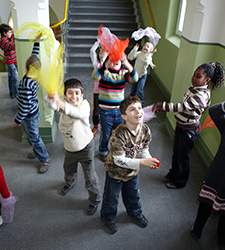
UPWIND
The project UPWIND investigates associations of affective, motivational, and cognitive processes in students. It specifically targets differences between children that can inform easily implemented interventions that can be tailored to individual students.